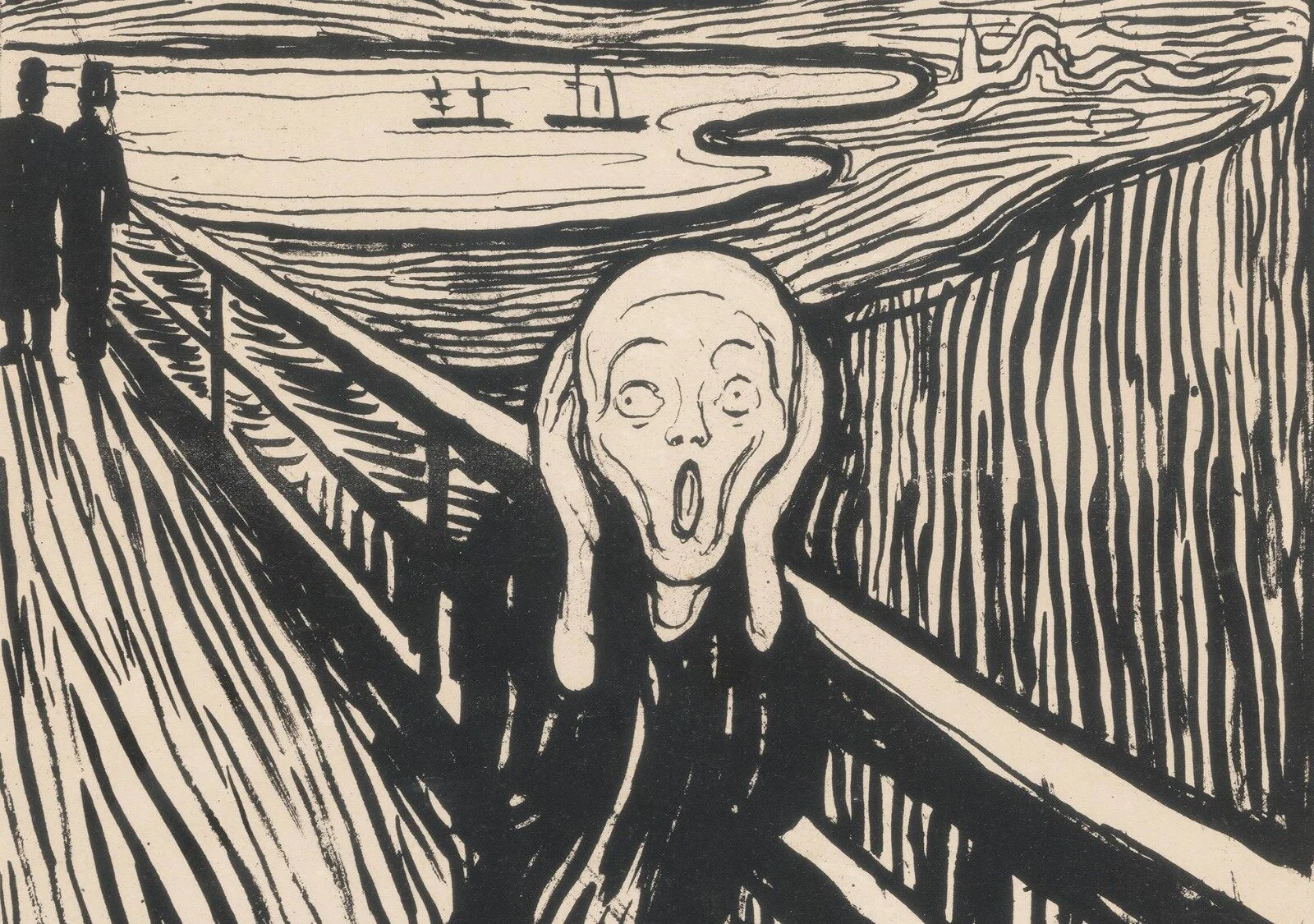In order to understand the importance of preservation, you first have to comprehend the amount of information and heritage which we have at hand. Think about what information you have accumulated in your lifetime. Start with the memories, think about the achievements, the stuff you learned in school, your family history, religion and the biggest of all - your emotional intelligence. Think about genealogy, multiply it by all the humans in the world. Think about what is around you, the nature, the buildings, the architecture. Think about how long it took us to discover space, history of humankind, the iPhone you’re holding in your hand. Electricity, cars, infrastructure, you have it around you, you exist within them, and while they manifest themselves in different ways they are all wonders of creativity, perseverance and curiosity.
There is a magnetic shock, fire, bomb, pandemic, the world as we know it is no longer. All of the information that just accumulated in your mind - boom! Gone. We don’t stop to think about it, and perhaps for the better, if you contemplate it for too long you might go crazy. Though I may sound like it at times, I am not trying to smuggle a conspiracy theory about world destruction, but let’s entertain it for a moment.


